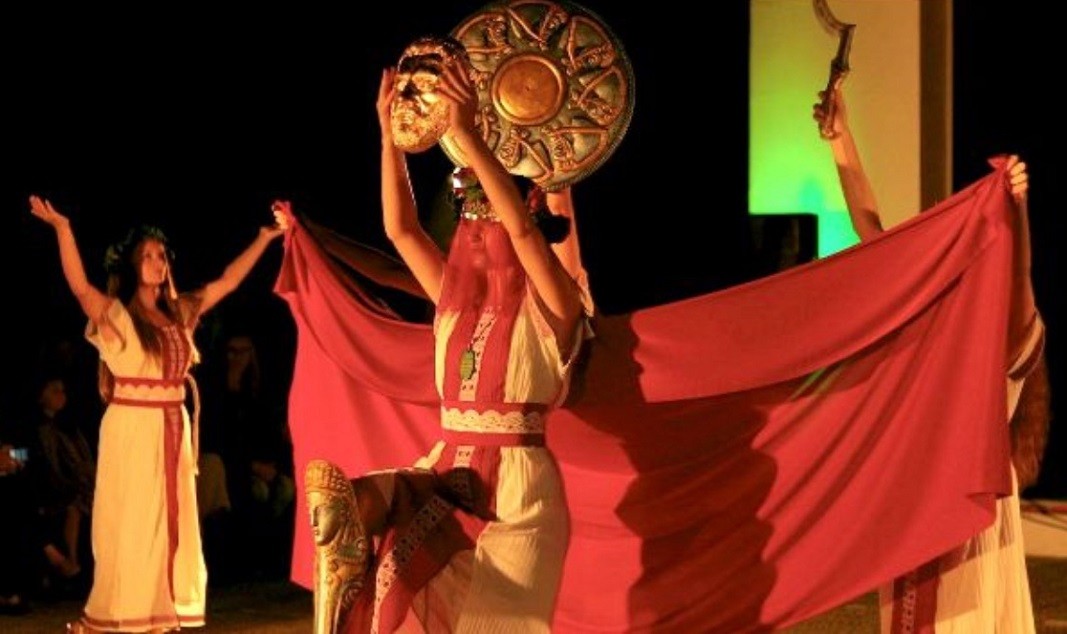 4
4
A festival in what was once Mesembria, as the ancient Thracians called the sliver of land surrounded by sea, Nessebar of today, takes visitors back thousands of years by re-enacting ancient mysteries and rituals.

The programme of the “Thracian mysteries” festival, organized by Academia Orphica on 26 and 27 August, features two interactive shows – “Thracian mystery drama” and “Mystery of the Thracian Heros”. Tsvetan Gaidarski, director of the Academia, says that the Thracian mysteries were not an acting ruse to lure people with a spectacle and occurrences that never happened from a distance, they were entirely connected with the sacral roots of existence. That is why the audience will be actively involved, experiencing, along with the actors, the sacred beginning through dance, speech and music.
“Unlike other cultures which we know little about, the Thracians have left material evidence in our lands – of the way they lived, of their art, of the way they arranged their lives around the sacred, and the way they communicated with it,” says Todor Yotov, director of the festival. “This evidence is there to be seen on plaques, in artifacts, in megalith stones.”
The authentic modes in the music of the Thracians are still discernible in our day, says Todor Yotov.
“The modes were written down in an old kind of musical notation. The church chants of the Second Bulgarian Kingdom have a connection with the past, as does folklore – there are regions in the country where there are still echoes of these ancient modes.

Music as such is one of the languages presenting the connection between the sacral and the occurrences in our world.”
The festival programme also includes the exhibition “Thracian mysteries” by artist Dilyana Angelova, as well as a lecture on the sacred language of the Thracians and what it means to modern man.
Photos: Academia Orphica
On 4 June at 6 p.m. local time, the Bulgarian Cultural Institute (BCI) Haus Wittgenstein in Vienna will host the opening of the exhibition Do You Know That...? Conspiracy Theories by Theodore Ushev. This is the first solo exhibition of works by the..
In the beginning was… the puddle – without any provocation or wordplay on the bible. Because even the “most primitive” creation can sometimes ignite the divine spark. Mariangela Anastasova literally paints with “puddles of water”, that is..
This evening, the Sofia Opera and Ballet will present Richard Strauss’ electrifying Elektra to Turkish audiences as part of the 16th International Opera and Ballet Festival in Istanbul. Rooted in ancient Greek mythology, Richard Strauss’ powerful score..
Bulgaria will be represented by two short films at the EU Film Days 2025, which will take place in the Japanese cities of Tokyo, Nagoya, Fukuoka..
The ancient Thracian epic comes to life on June 28 to the sounds of captivating music and spectacular choreography in the amphitheatre..
To celebrate 40 years since its inception, the Summer Opera Festival ‘Stage of the Centuries’ in Veliko Tarnovo has put together a rich programme. The..

+359 2 9336 661
